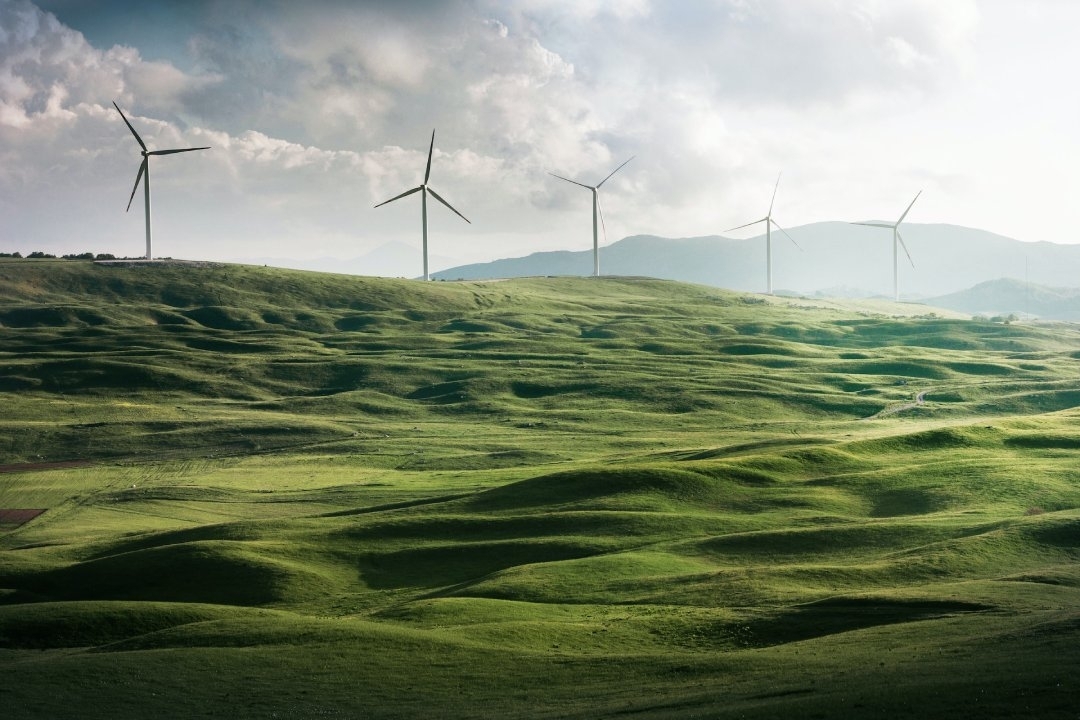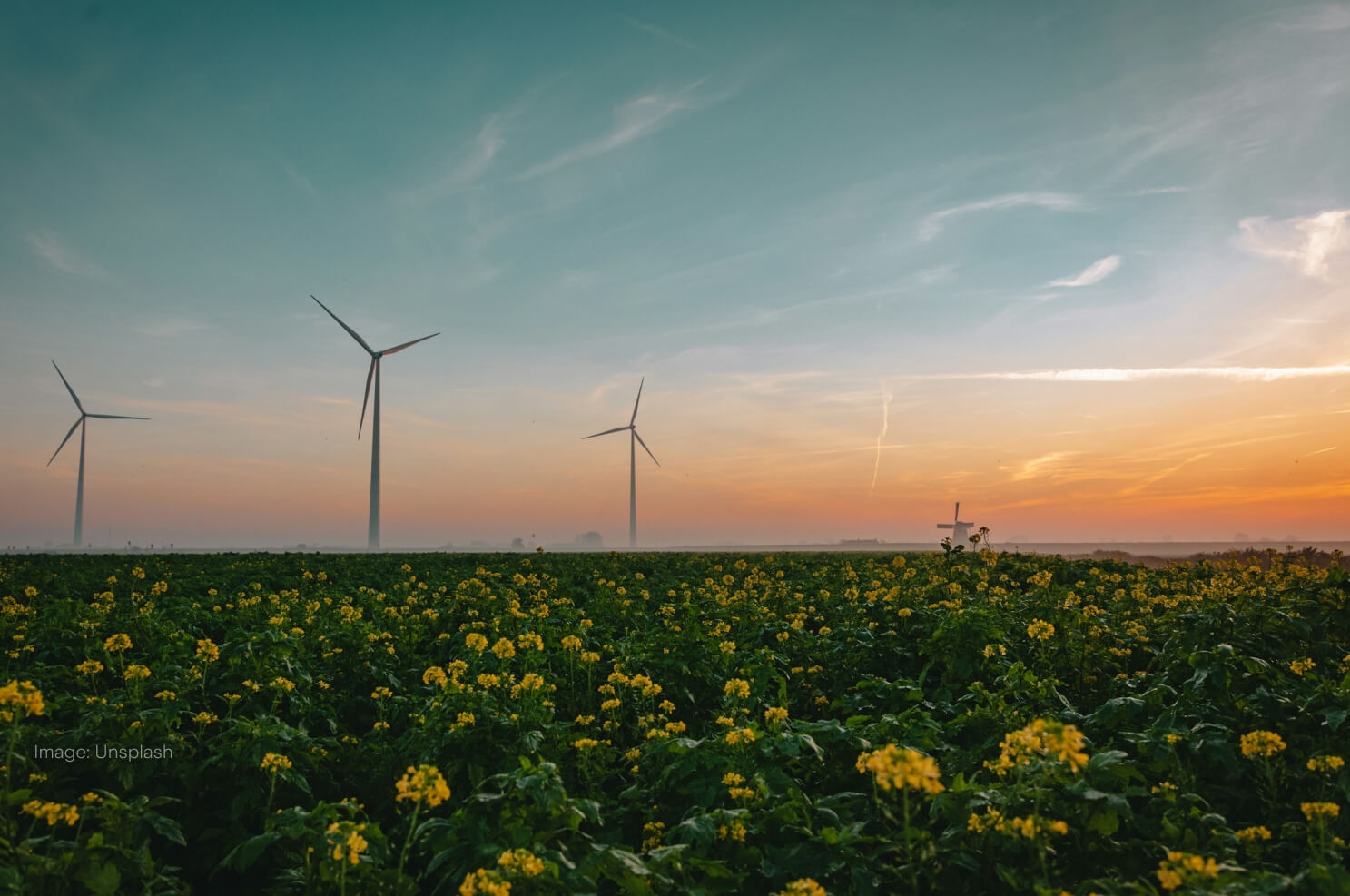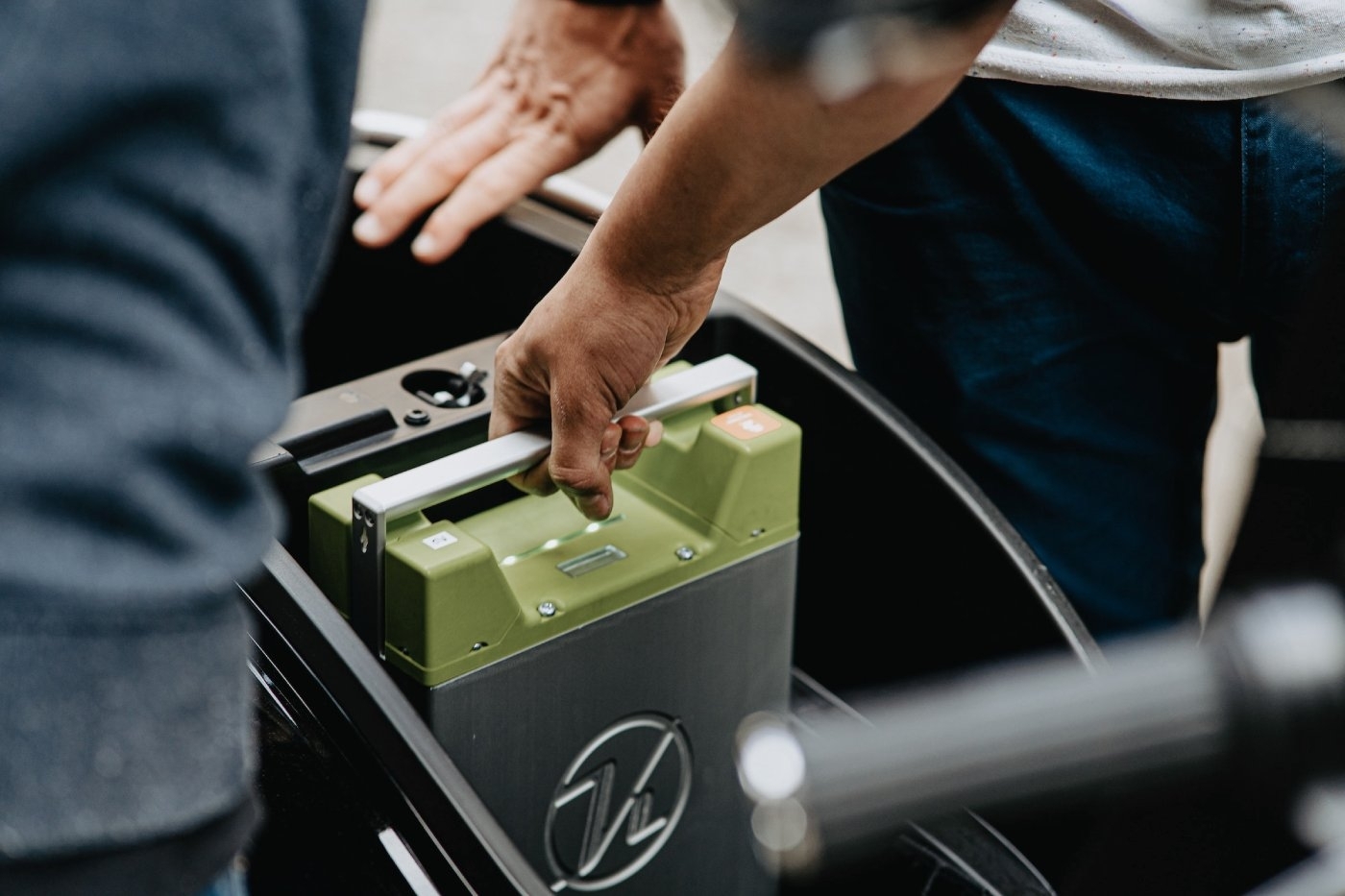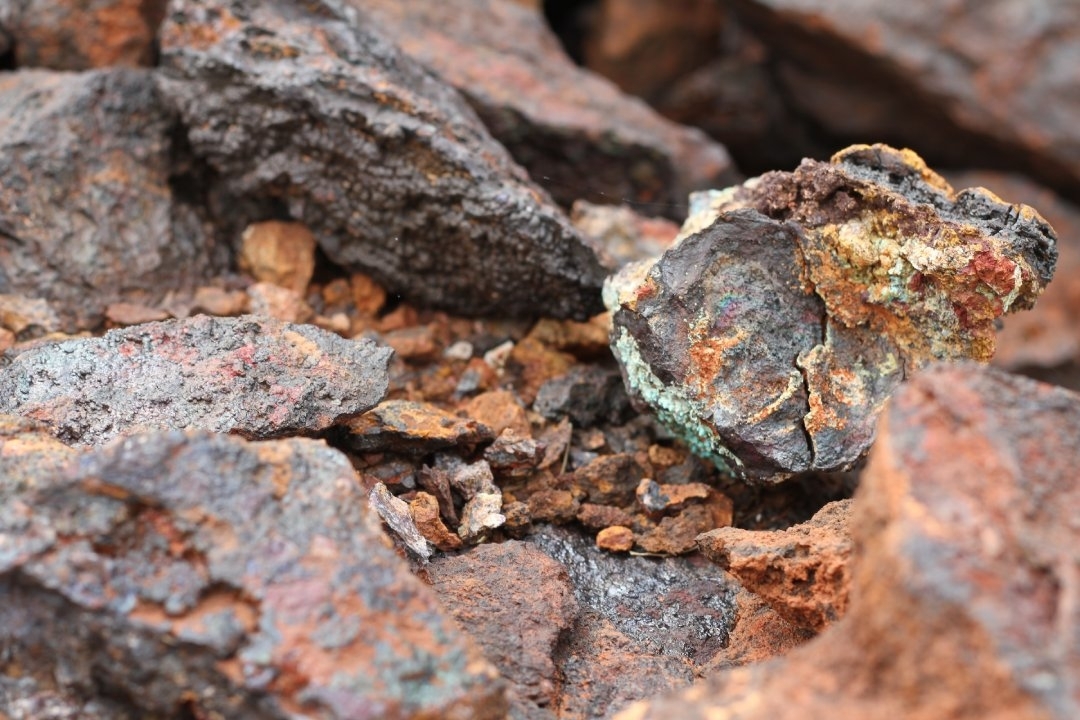
Are these the best ASX hydrogen stocks to watch in 2023?
As the world's concern about carbon emissions grows, hydrogen emerges as a clean alternative. Explore some of the popular hydrogen stocks on the ASX and see what other known companies are getting into the market.
Are these the best hydrogen stocks on the ASX?
Company Name | Ticker | Stock Price | Year to Date | Market Capitalisation |
|---|---|---|---|---|
$36.10 | +2.29% | $70.25b | ||
$20.44 | +0.29% | $63.45b | ||
$7.59 | +7.27% | $25.49b | ||
$8.70 | +14.43% | $14.98b | ||
$8.45 | -19.83% | $10.75b | ||
$16.89 | +14.16% | $9.05b | ||
$32.79 | +17.99% | $7.92b | ||
$10.77 | +33.83% | $7.38b | ||
$0.49 | -12.50% | $98m | ||
$0.009 | -10.00% | $33m |
Data as of 21 September 2023. Sources: Stake, Google Finance.
*The list of stocks mentioned is ranked by market cap. When deciding what stocks to feature, we analyse the financials, recent news, the state of the industry, and whether or not they are actively traded on Stake.

✅ Sign up to Stake to start investing in the top hydrogen companies on the ASX.
👉 Learn more about Stake pricing to discover how seamless investing can be.
What are the best hydrogen stocks to buy in Australia?
Discover our list of popular hydrogen companies from the ASX that are available on Stake.
1. Woodside Energy Group Ltd ($WDS)
Market capitalisation: $70.25b
Stock price (as of 21/09/2023): $36.10
Stake platform bought / sold (1 Jan 2023 - 21 Sep 2023): 61% / 39%
WDS is one of Australia's largest natural gas producers and has recently been exploring both blue and green hydrogen technologies. The company is working on a pilot project that uses natural gas to produce hydrogen with carbon capture and storage.
Find Woodside featured in our list of top energy companies on the ASX.
2. Fortescue Metals Group Ltd ($FMG)
Market capitalisation: $63.45b
Stock price (as of 21/09/2023): $20.44
Stake platform bought / sold (1 Jan 2023 - 21 Sep 2023): 65% / 35%
FMG is a global leader in iron ore mining and exploration. The company has recently made significant investments in renewable energy and green hydrogen. FMG plans to build a 250 MW green hydrogen plant in Western Australia, which will be powered by solar energy and used to produce hydrogen for export.
💡Related: How to Buy Fortescue Metals Group (FMG) Shares→
3. Santos Limited ($STO)
Market capitalisation: $25.49b
Stock price (as of 21/09/2023): $7.59
Stake platform bought / sold (1 Jan 2023 - 21 Sep 2023): 56% / 44%
Santos is another major Australian natural gas producer that is investing in blue hydrogen production. The company is planning to produce hydrogen from natural gas with carbon capture and storage at its Moomba plant in South Australia.
4. Origin Energy Limited ($ORG)
Market capitalisation: $14.98b
Stock price (as of 21/09/2023): $8.70
Stake platform bought / sold (1 Jan 2023 - 21 Sep 2023): 54% / 46%
Origin is another major Australian energy company that is investing in green hydrogen. The company is working on a project to produce hydrogen from renewable energy sources at its Eraring power station in New South Wales.
🔋Related: Top 10 ASX renewable energy stocks→
5. APA Group ($APA)
Market capitalisation: $10.75b
Stock price (as of 21/09/2023): $8.45
Stake platform bought / sold (1 Jan 2023 - 21 Sep 2023): 76% / 24%
APA is an Australian energy infrastructure company that is investing in blue hydrogen energy storage. The company is exploring the use of natural gas pipelines to transport hydrogen produced from natural gas with carbon capture and storage.
6. Worley Ltd ($WOR)
Market capitalisation: $9.05b
Stock price (as of 21/09/2023): $16.89
Stake platform bought / sold (1 Jan 2023 - 21 Sep 2023): 53% / 47%
Worley is a global engineering company that provides services to the energy, chemicals, and resources industries. The company is involved in several green hydrogen production projects, including the development of a green hydrogen plant in Western Australia.
7. Ampol Limited ($ALD)
Market capitalisation: $7.92b
Stock price (as of 21/09/2023): $32.79
Stake platform bought / sold (1 Jan 2023 - 21 Sep 2023): 60% / 40%
Ampol is a leading fuel retailer in Australia that is investing in hydrogen as a low-emissions fuel and renewable power source. The company is working on several hydrogen projects, including a trial to produce hydrogen from renewable energy sources at its Lytton refinery in Queensland.
8. AGL Energy Limited ($AGL)
Market capitalisation: $7.38b
Stock price (as of 21/09/2023): $10.77
Stake platform bought / sold (1 Jan 2023 - 21 Sep 2023): 53% / 47%
AGL is a leading Australian electricity and gas retailer that is investing in both blue and green hydrogen. The company is working on a project to produce clean hydrogen from natural gas with carbon capture and storage at its Loy Yang power station in Victoria.
🆚 Compare AGL vs ORG stock comparison→
9. Hazer Group Limited ($HZR)
Market capitalisation: $98m
Stock price (as of 21/09/2023): $0.49
Stake platform bought / sold (1 Jan 2023 - 21 Sep 2023): 55% / 45%
Hazer is an Australian technology company that has developed a low-emissions process for producing hydrogen and graphite from methane. The company is working on several pilot projects, including a plant in Western Australia that will produce hydrogen for use in fuel cell vehicles.
10. ADX Energy Ltd ($ADX)
Market capitalisation: $33m
Stock price (as of 21/09/2023): $0.009
Stake platform bought / sold (1 Jan 2023 - 21 Sep 2023): 62% / 38%
ADX Energy is an Australian exploration and production company focused on oil and gas resources. The company primarily operates in Europe, with a particular focus on Italy, and is actively exploring opportunities to expand its operations in the region. While ADX Energy does not currently have any investments in hydrogen, it has expressed an interest in exploring opportunities in the hydrogen market.
How to invest in hydrogen
The main way of investing in hydrogen is through Australian hydrogen companies listed on the ASX, using an online investment platform.
1. Open a stock investing account
To invest in hydrogen stocks and ETFs, you'll need to sign up to an investing platform with access to the ASX and Cboe Australia. Lucky for you Stake has access to both stock exchanges.
2. Fund your account
Complete an application with your personal and financial details. Fund your account with a bank transfer, debit card or even Apple/Google Pay.
3. Search for hydrogen shares or ETFs
Find the asset by searching for the name or ticker symbol. Do your own research to ensure it is the right investment product for your own circumstances.
4. Choose an order type and buy the asset
Buy on any trading day with a market, limit or stop order. Look into dollar cost averaging to spread out your risk, which smooths out buying at consistent intervals.
5. Monitor your investment
Optimise your portfolio by tracking how the security performs with an eye on the long term. You may be eligible for dividends and shareholder voting rights that affect your shares.
Get started with Stake
Sign up to Stake and join 750K investors accessing the ASX & Wall St all in one place.
What are the biggest hydrogen companies in Australia?
Australia has several companies that are active in the hydrogen industry, ranging from producers and suppliers to technology developers and investors.
Here are three of the biggest hydrogen companies in Australia:
- Woodside Energy ($WDS): Woodside is a major energy company that is exploring hydrogen as a potential future fuel source. The company is involved in several hydrogen projects, including a pilot plant in Western Australia that uses solar power to produce hydrogen from water.
- APA Group ($APA): APA is Australia's largest natural gas infrastructure company and is investing in the development of hydrogen pipelines and related infrastructure. The company has several hydrogen-related projects underway, including the HyEnergy Zero Carbon Hydrogen project in Western Australia.
- Fortescue Metals Group ($FMG): Fortescue is an iron ore mining company that is also investing in hydrogen production. The company plans to use renewable energy sources to produce hydrogen that can be used to power its mining operations and also potentially export it.
Overall, the sentiment towards hydrogen in Australia is positive, with the Australian government and industry leaders recognising the potential of hydrogen as a low-emissions fuel source that can help decarbonise the economy.
The government has announced funding for hydrogen projects and is working on developing a national hydrogen strategy. The industry is also investing in hydrogen research and development, with several companies exploring different methods of producing and using hydrogen.
What is the difference between blue hydrogen and green hydrogen?
The main difference between blue hydrogen and green hydrogen is how they are produced and their associated carbon emissions.
Green hydrogen is produced through a process called electrolysis, which uses electricity from renewable sources such as wind or solar to split water molecules into hydrogen and oxygen. This process does not emit any carbon dioxide (CO2) and produces only water as a byproduct.
As a result, green hydrogen is considered a zero-emissions fuel.
Blue hydrogen is produced from natural gas through a process called steam methane reforming (SMR). During SMR, natural gas is mixed with steam and heated, causing a chemical reaction that produces hydrogen and carbon dioxide (CO2). The CO2 is captured and stored or utilised in industrial processes, which can reduce its overall emissions. While blue hydrogen is not a zero-emissions fuel, it can be considered a low-carbon fuel because the emissions associated with SMR can be offset through carbon capture and storage (CCS) or utilisation (CCU).
To sum it up, green hydrogen is produced from renewable energy sources and is considered a net zero emissions no-emissions fuel, while blue hydrogen is produced from natural gas with carbon capture and storage, and is considered a low-carbon fuel.
Which ASX-listed companies are investing in blue hydrogen?
Here are some Australian companies that are investing in blue hydrogen:
- Santos ($STO)
- Woodside Energy ($WDS)
- APA Group ($APA)
- Hexagon Energy Materials ($HXG)
- Eden Innovations ($EDE)
- Pilot Energy ($PGY)
Which ASX-listed companies are investing in green hydrogen?
Here are some Australian companies that are investing in green hydrogen technology:
- Fortescue Metals Group ($FMG)
- Origin Energy ($ORG)
- Global Energy Ventures ($GEV)
- Lion Energy ($LIO)
- Montem Resources ($MR1)
- Province Resources ($PRL)
- QEM Limited ($QEM)
More resources:
✅ Looking for Cobalt mining companies in Australia?→
✅ Check out 10 popular iron ore stocks on the ASX→
✅ Should you buy into Australian lithium shares? See 10 popular options→
Hydrogen stocks FAQs
Investing in ASX shares that are involved with hydrogen can be a good opportunity for investors who are interested in the potential of hydrogen as a low-emissions fuel source. However, as with any investment, there are both risks and opportunities to consider.
On the positive side, hydrogen is gaining attention as a key solution for decarbonising industries such as transport, energy, and manufacturing. This increased global demand for hydrogen could create new investment opportunities in the sector, including companies that produce, distribute, and utilise hydrogen.
However, the hydrogen industry is still relatively nascent, and many companies are still in the early stages of development. This means that there is a higher degree of uncertainty and risk associated with investing in hydrogen shares, particularly for companies that are not yet profitable or have a limited track record.
It's important for investors to conduct thorough research and due diligence before making any investment decisions. This includes analysing a company's financials, understanding its business model and strategy, and evaluating the competitive landscape and market trends.
There are several hydrogen ETFs listed on the ASX that investors can consider. Here are a few examples:
BetaShares Global Sustainability Leaders ETF ($ETHI): This ETF invests in a portfolio of companies with strong environmental, social, and governance (ESG) practices, including exposure to companies involved in renewable energy, energy efficiency, and low-emissions technologies such as hydrogen.
Global X Battery Tech & Lithium ETF ($ACDC): This ETF invests in a portfolio of companies involved in battery technology, renewable energy, and other low-carbon technologies, including hydrogen.
Global X Hydrogen ETF ($HGEN): This ETF is focused specifically on the hydrogen industry and invests in a global portfolio of companies involved in hydrogen production, storage, and distribution.
It's important for investors to conduct their own research and due diligence before investing in any ETF. This includes analysing the ETF's investment strategy, fees, performance history, and underlying holdings in the portfolio.
This does not constitute financial product advice nor a recommendation to invest in the securities listed. Past performance is not a reliable indicator of future performance. As always, do your own research and consider seeking appropriate financial or taxation advice before investing.

Megan is a markets analyst at Stake, with 7 years of experience in the world of investing and a Master’s degree in Business and Economics from The University of Sydney Business School. Megan has extensive knowledge of the UK markets, working as an analyst at ARCH Emerging Markets - a UK investment advisory platform focused on private equity. Previously she also worked as an analyst at Australian robo advisor Stockspot, where she researched ASX listed equities and helped construct the company's portfolios.


